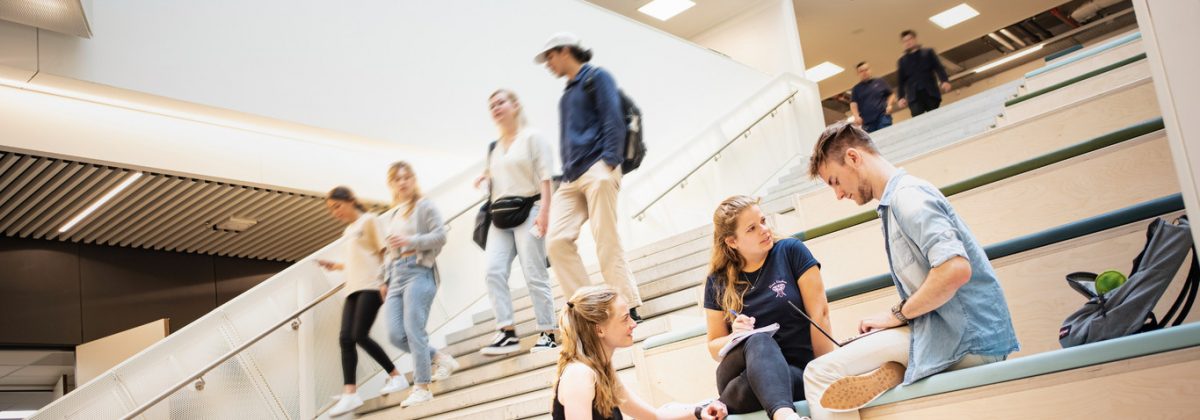Website met het aanbod van al onze Minors.

HU site
Welkom op de Wordpress-omgeving van Hogeschool Utrecht (HU). Deze omgeving is ontwikkeld voor interne en externe communicatie.

Welkom op de Wordpress-omgeving van Hogeschool Utrecht (HU). Deze omgeving is ontwikkeld voor interne en externe communicatie.